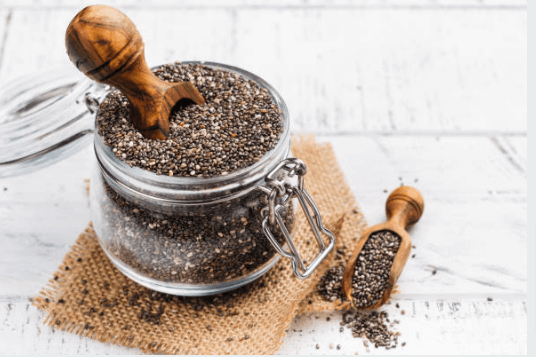In the field of natural remedies and holistic practices, ginger root has long been revered for its powerful healing properties. Now, many health enthusiasts are discovering the potential benefits of chewing raw ginger first thing in the morning. But does it really benefit our health, or is it just another health fad?
The scientific name of ginger is Zingiber officinale, and it is a rhizome that is rich in a range of bioactive compounds including gingerol, shogaol and paradol. These compounds are believed to contribute to ginger’s anti-inflammatory, antioxidant, and analgesic effects. [Source]
Many proponents say that chewing raw ginger in the morning allows these beneficial compounds to be easily absorbed into the body, helping to start the day with a natural boost in overall health.
You will be happy to know that one of the common benefits of chewing ginger in the morning is its ability to reduce digestive problems. The presence of gingerols and shogaol in ginger is believed to stimulate the production of digestive enzymes, promoting better absorption of nutrients and aiding the breakdown of food. [Source] [Source]
Additionally, ginger’s anti-inflammatory properties may help soothe inflammation in the gut, potentially providing relief from conditions like irritable bowel syndrome (IBS) and indigestion. [Source]
Beyond its digestive benefits, morning ginger chewing is also lauded for its potential to boost immune function. Ginger’s antioxidant properties are believed to help neutralize free radicals, which can damage cells and contribute to the development of various diseases.
Furthermore, some studies suggest that ginger may have antimicrobial properties, potentially helping to ward off infections and illnesses. [Source]
Another purported benefit of this practice is its ability to alleviate muscle soreness and joint pain. Ginger’s anti-inflammatory compounds are thought to inhibit the production of inflammatory molecules, potentially reducing swelling and discomfort associated with conditions like arthritis and exercise-induced muscle soreness. [Sources]
Even though anecdotal evidence and early research that supports chewing ginger in the morning are positive, it is important to keep in mind that these claims need to be fully backed up by more thorough scientific studies.
Additionally, some people may experience mild side effects such as heartburn, gas, or mouth irritation when consuming raw ginger in large quantities. [Sources]
If you’re interested in trying morning ginger chewing, it is recommended to start with a small piece of fresh ginger, about the size of a quarter, and gradually increase the amount as tolerated. Chewing the ginger thoroughly and allowing the juice to mix with saliva may enhance the absorption of its beneficial compounds.
While morning ginger chewing may not be a panacea for all health concerns, it could be a simple and natural way to incorporate this powerful root into your daily routine. As with any new practice, it’s advisable to consult with a healthcare professional, especially if you have underlying medical conditions or are taking medications.
In the ever-evolving world of wellness, morning ginger chewing is emerging as a potential secret to better health, offering a natural and accessible approach to supporting overall well-being.
However, as with any trend, it is essential to approach it with an open mind and a critical eye, relying on scientific evidence and moderation to reap the potential benefits.












